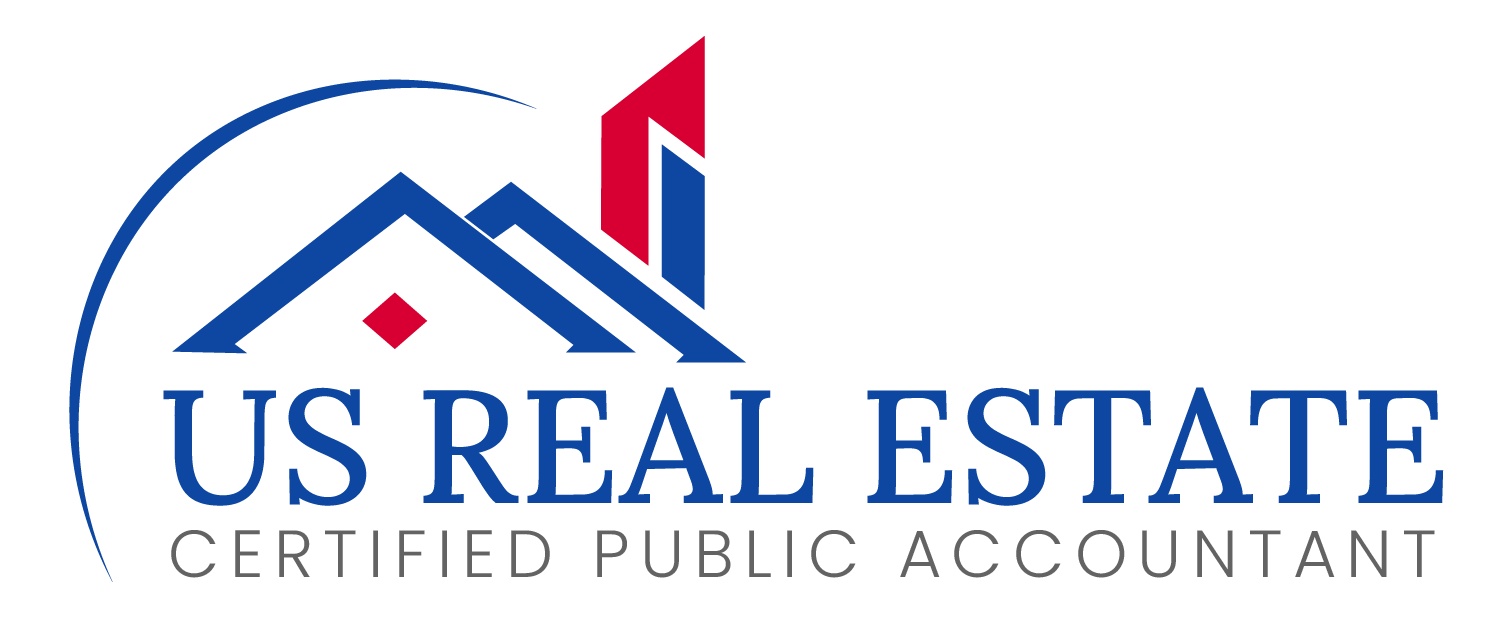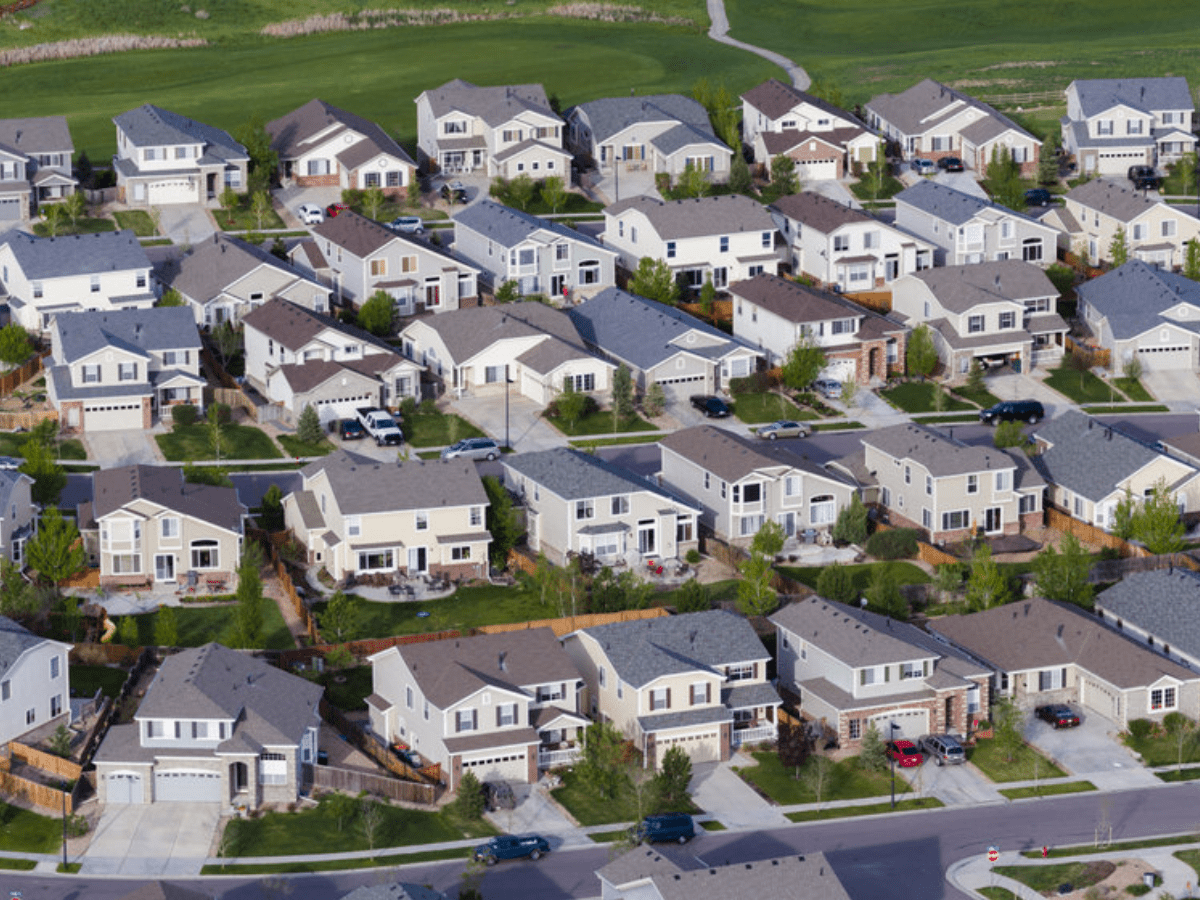
As Fears of a Recession and Stagflation Surge, Should Homeowners Be Worried?
If you’ve been closely following the news of late, you’ve probably read the economy is giving off some serious mixed signals. Inflation is still refusing to budge below the Federal Reserve’s 2% target, economic growth is stalling, and now, worryingly, there’s talk of a recession — or even stagflation.
From homeowners to buyers and sellers, it’s enough to make your head spin. After the rollercoaster ride of the last few years, many were hoping 2025 would finally bring some stability to the housing market. But with all this economic uncertainty, is that hope slipping away?
And should you be worried? The short answer is: probably not. But let’s dig into the details so you can feel confident about your next move.
Recession vs. Stagflation: What’s the Difference?
What exactly are we talking about here? A recession is defined as two straight quarters of negative economic growth (think shrinking GDP). But by the time economists declare a recession, you’re already six months into it. It’s like realizing you’ve been driving on a flat tire for miles; you only notice once the damage is done.
Recessions are part of the natural economic cycle. They’re painful, sure, but they serve as a reset button for an overheated economy. Unemployment spikes, consumer spending tanks, and people put off big purchases like buying a home. But eventually, things bounce back.
Stagflation, by contrast, is the economic equivalent of a traffic jam in a rainstorm. It’s a rare and nasty combo of stagnant growth, high inflation and high unemployment. The 1970s are the classic example: oil shocks, soaring prices and joblessness all collided to create a perfect storm. Unlike a recession, though, stagflation doesn’t reset the economy: it just leaves everyone stuck in a tough spot.
How a Recession Could Hit the Housing Market
So what happens to the housing market if a recession strikes? Historically recessions tend to cool things down. Buyers get nervous, demand sinks and home prices often follow suit. But not all recessions are created equal.
Take 2020, for example. The pandemic provoked a brief recession. But instead of tanking, the housing market exploded. Because record-low mortgage rates brought a flood of buyers into the market, sending home prices through the roof. It was a reminder that timing and interest rates — as well as broader economic conditions — all play a part.
Today the housing market is still dealing with the fallout from the 2007–09 recession. That crisis caused a massive shortage of homes, which has kept prices high even as demand fluctuates. If another recession hits, it could further dampen buyer enthusiasm should unemployment rise. But as we’ve seen, the housing market has a knack for defying expectations.
Stagflation: A Scarier Scenario for Homeowners
Stagflation, though, is a different beast. Though we’re not currently in a stagflation scenario, the mere possibility has investors on edge. The 1970s provides a glimpse of what could happen: home prices didn’t drop during that period, but mortgage rates peaked at nearly 19%.
Today, more than half of outstanding mortgages have interest rates under 4%. If rates were to climb anywhere close to 1970s levels, it would push many buyers out of the market. No doubt. For homeowners, though, the biggest risk in a stagflation scenario isn’t falling home prices: it’s the possibility of job loss and soaring costs that could make it harder to keep up with mortgage payments.
Should Homeowners Be Worried?
If you’re a homeowner who can comfortably afford your mortgage — or better yet, own your home outright — you’re in a good position to ride out whatever the economy throws your way. The real risk comes if you lose your job or face a big drop in income. In that case, you might be forced to sell during a market downturn, which could mean getting less for your home than you’d hoped.
But for now there’s no need to panic. The job market remains strong, and inflation, though stubborn, is gradually easing. That said, it’s always smart to prepare for the unexpected.
Thinking of Selling in 2025?
If you’ve been planning to sell your home in 2025, the current economic uncertainty might have you second-guessing your timing. Yet waiting for the “perfect” moment to sell is a bit like waiting for the perfect weather to go for a hike: it might never come. Rather, consider acting now while the market is relatively stable.
According to Realtor.com®, the best week to sell in 2025 will be April 13–19. Listing during that window could help you sell faster and for more money, based on historical trends. By exploiting peak demand, you can maximize your proceeds and avoid getting caught in any possible economic turbulence later in the year.
If selling now isn’t an option, don’t stress. The housing market has proven time and again that it can weather economic storms. Be it buying, selling or staying put, stay informed and make decisions that are in line with your long-term goals.
Conclusion
Yes, the headlines can be scary. Talk of recessions, stagflation and economic uncertainty is enough to make anyone nervous. Yet for most homeowners there’s no need to hit the panic button. The housing market has a way of bouncing back. If you’re in a stable financial position, you’re likely to come out just fine.
After all, if there’s one thing we’ve learned from the past few years, it’s that resilience pays off.



